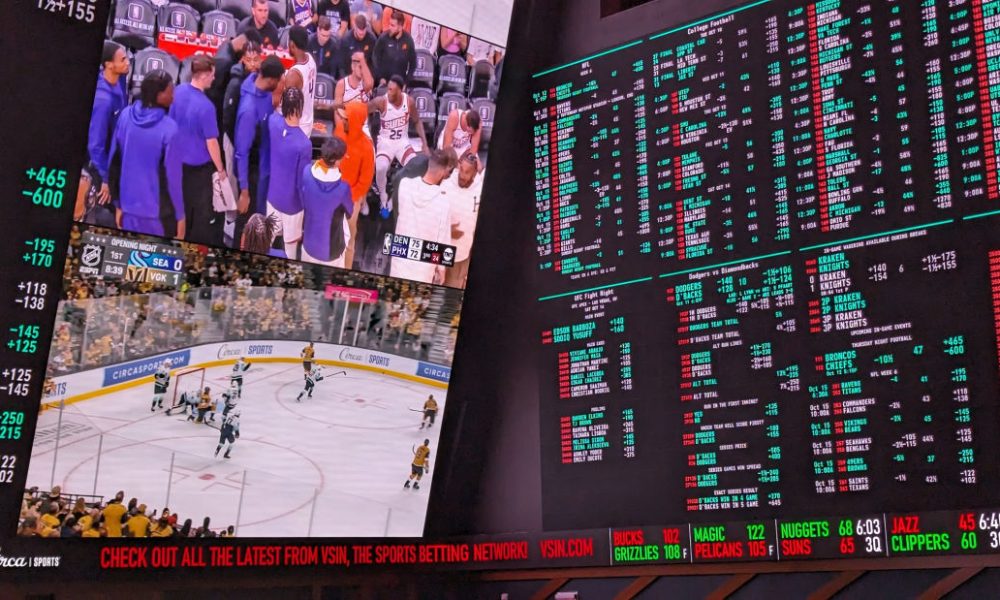When financial technology upstart Kalshi facilitated more than $200 million worth of U.S. presidential election futures market trades last October and November despite federal agency opposition, U.S. sportsbook operators took notice but didn’t feel compelled to act.
Election futures trading, where people buy contracts that pay out if their chosen candidate wins, had never been in the U.S. betting company arsenal because those firms abide by state regulations that forbid such wagers. So, Kalshi did not pose a direct competitive hazard.
Since then, however, Kalshi, Crypto.com and Robinhood have crept much closer to the core sportsbook business by applying the event futures trading concept—also known as a prediction market—to sports. They now let people place money on the results of games. And the whopper: No state-by-state license approval, regulation or special taxation is required.

